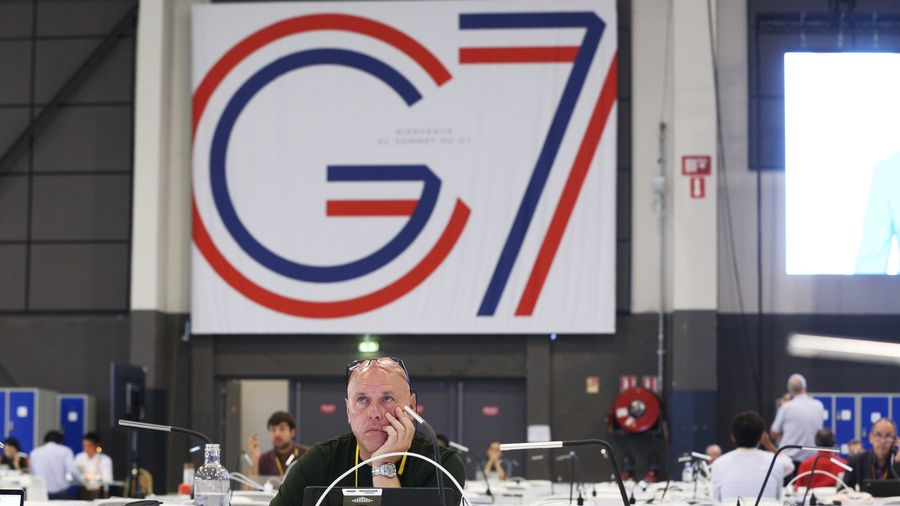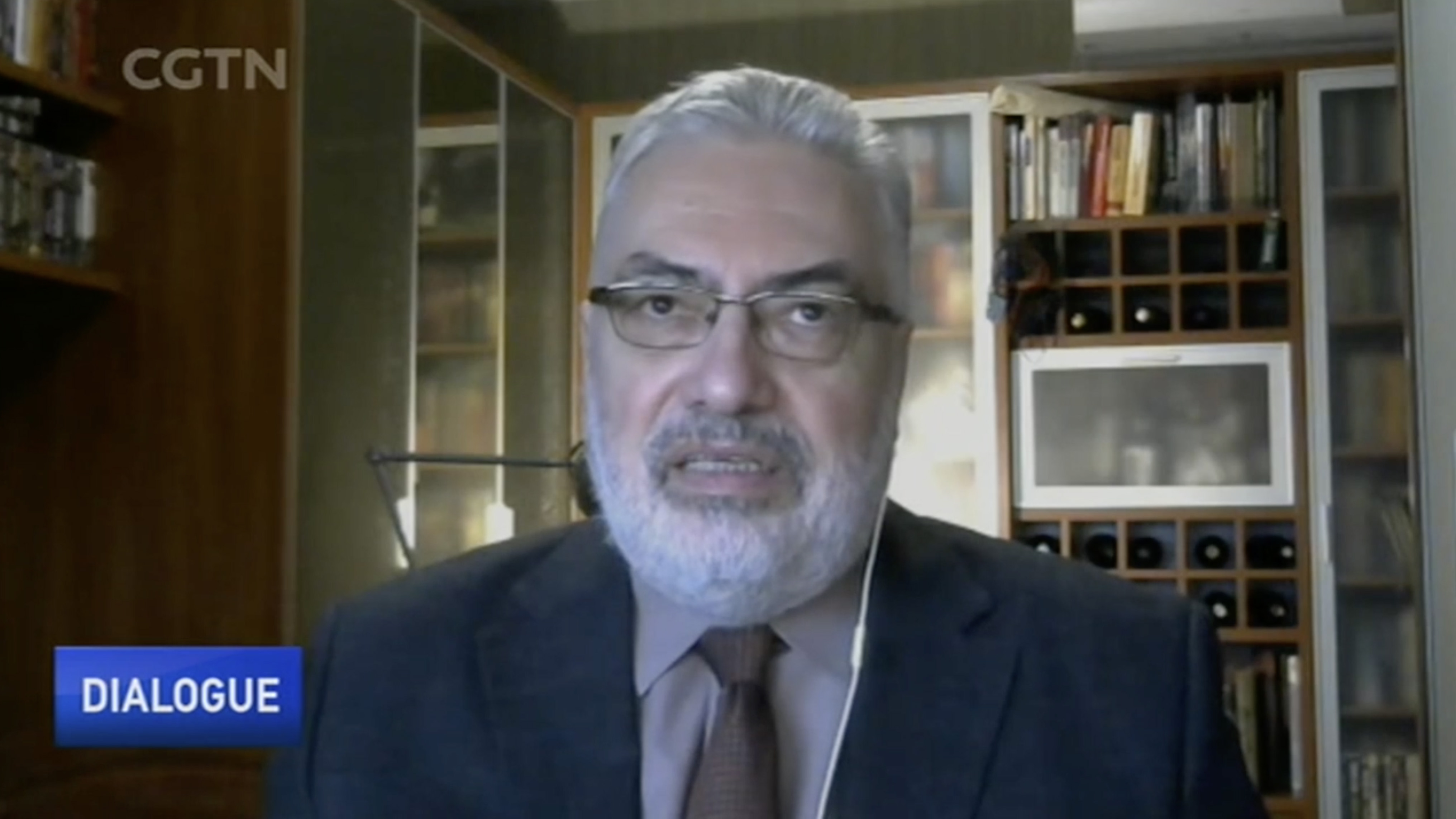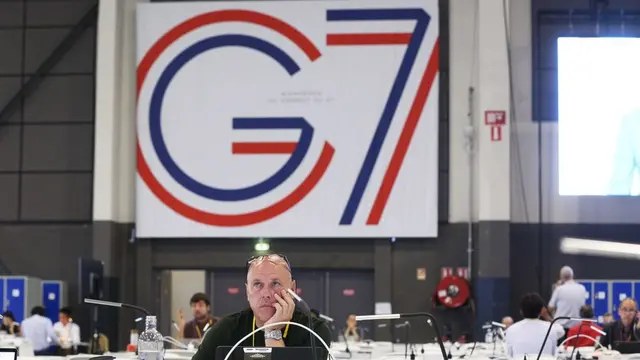01:04

With the G7 summit postponed until September, U.S.President Donald Trump is making the best of his chairmanship of this year's G7 gathering by rewriting the guest list. Calling the G7 "a very outdated group of countries," Trump is now extending invitations to leaders of Russia, India, Australia, and South Korea to the summit in the fall. While Australia and South Korea has accepted the offer, the Russian Foreign Ministry said that the proposal to expand the G7 summit is "a step in the right direction," but it will fail to "provide a truly universal representation…and it is hardly possible to implement serious undertakings of global significance without China's participation."
Why does Donald Trump want to expand the G7? "It could be Donald Trump's last year as president and he is looking at this as like a birthday kid at a birthday party. He's going to invite the people he wants to invite," said Rick Dunham, visiting scholar at Tsinghua University on CGTN's Dialogue program.
He pointed out that the G7, namelytheU.S., the UK, Germany, France, Italy, Japan, and Canada, consists of historically leading industrial powers of the world; however, the G7's role in setting policy for global economies is compromised since three of the world's largest economies – China, Russia, and India are excluded.
In comparing Trump's intention to expand G7 with the larger multilateral platform of G20, Dunham explained that on one hand, Trump is looking to counterbalance Europe, and "he really despises the democratically-elected leaders of western Europe because they stand up to him, they disagree with him…he is bringing in some friends from the Asia Pacific"; on the other hand, Trump's proposed additions of India, South Korea, and Australia, together with the G7 member Japan, could become a counterweight economic bloc to China's growth.
"We are not coming" is the current take on Russia, said Pavel Felgenhauer, a Russian defense analyst. He quoted Russia commentators in saying that this is an American scheme to spoil Russia-China relations. But given the uncertainties of ongoing domestic crisis and upcoming election facing Donald Trump, Felgenhauer believed that there will be few deliverables from his proposal to enlarge to group.
02:03

Professor John Gong from the University of International Business and Economics further argued that Trump's proposal is primarily motivated by his own agenda towards China and the timing of the G7 summit in September also serves to boost his election campaign. He pointed out that Trump's "America First"philosophy is fundamentally at odds with the idea that the U.S. can continue to play a leadership role in the world, given that the U.S. has retreated from several multilateral organizations and cut funds to the World Health Organization.
Dialogue is a prime time daily English talk show on CGTN. The 30-minute talk show covers a wide range of domestic and international topics, providing a balanced and critical perspective on current affairs and analysis within the framework of cross-cultural and multi-disciplinary comparisons.
Schedule: Monday-Sunday
Time (GMT): 0330, 1130, 1930
(If you want to contribute and have specific expertise, please contact us at [email protected].)
 简体中文
简体中文



